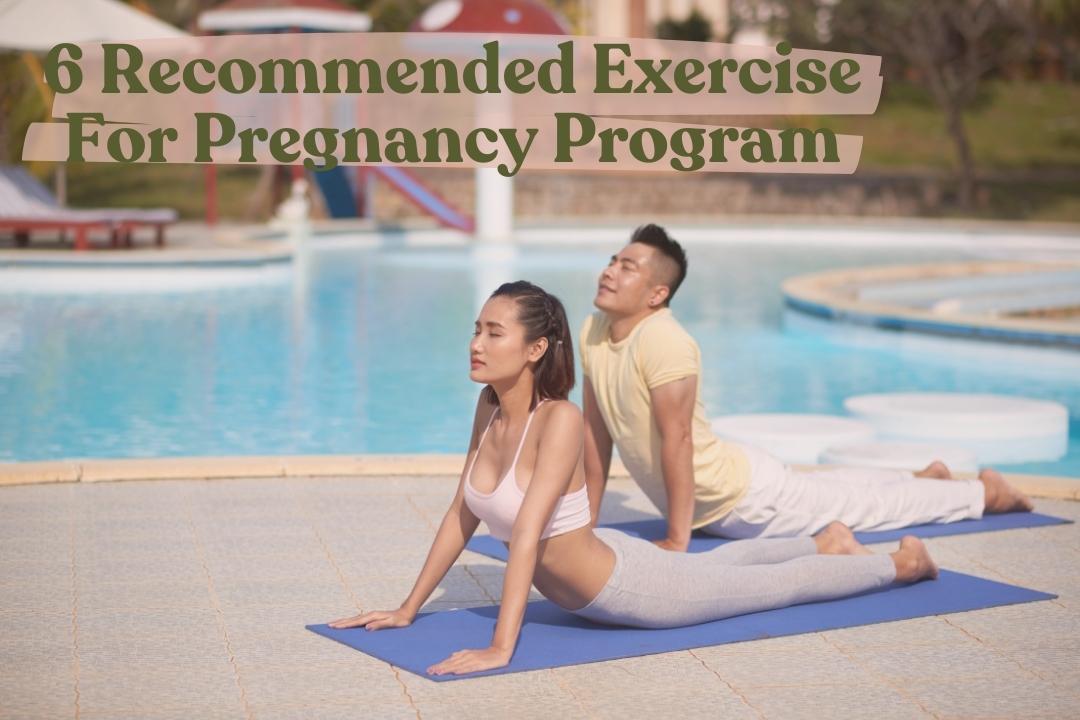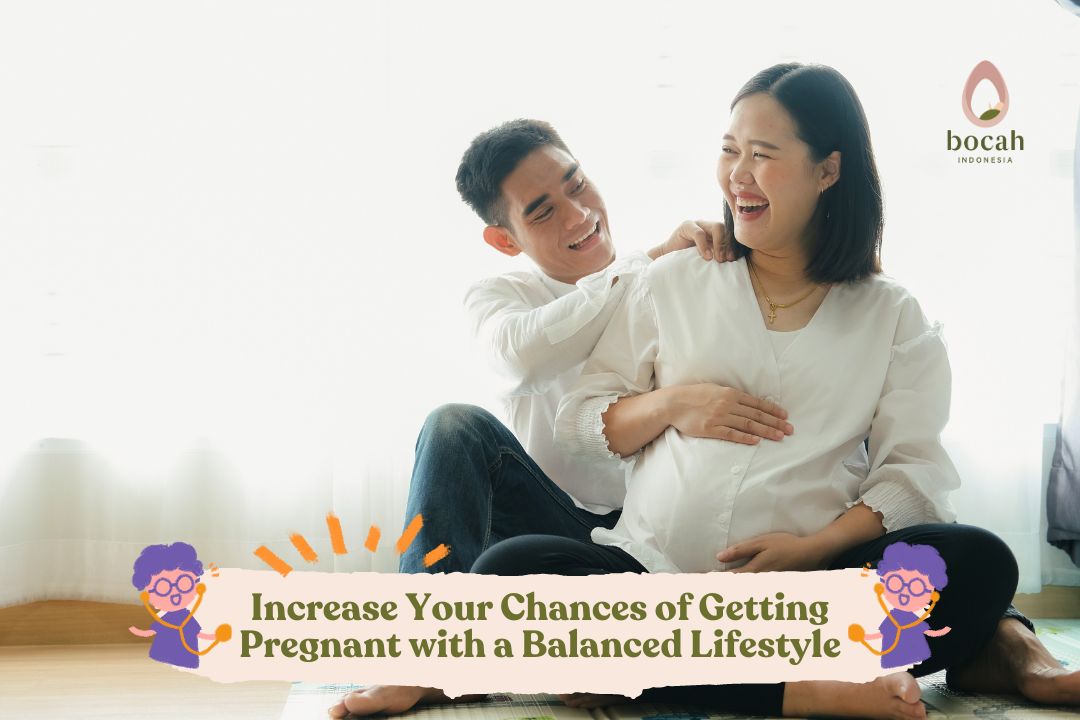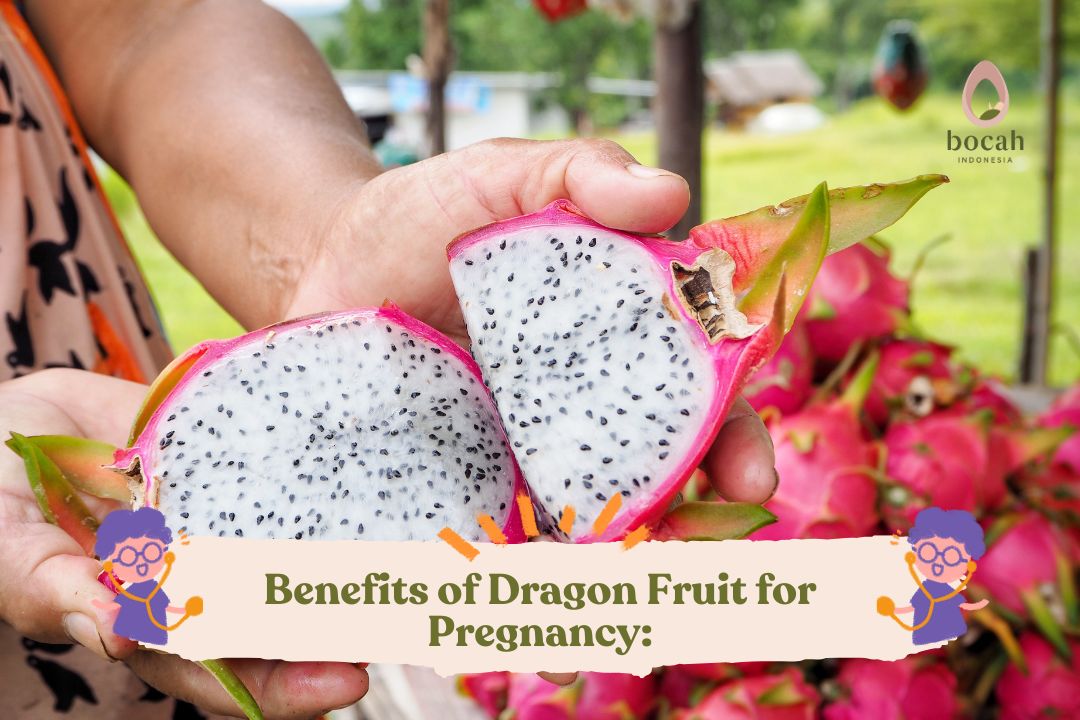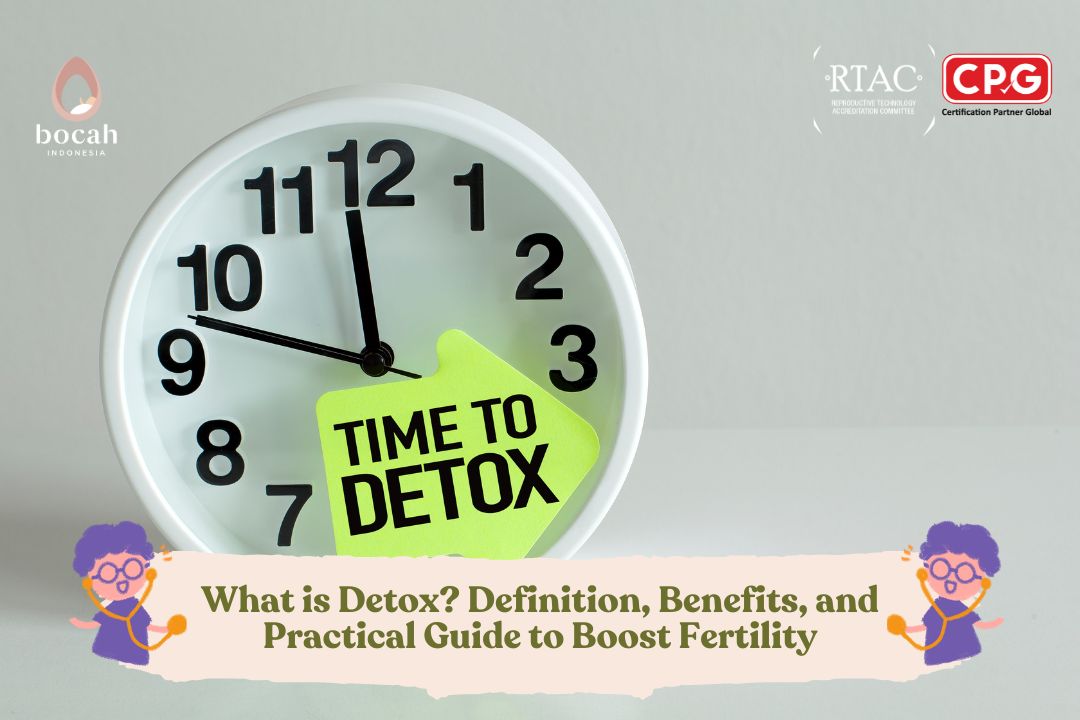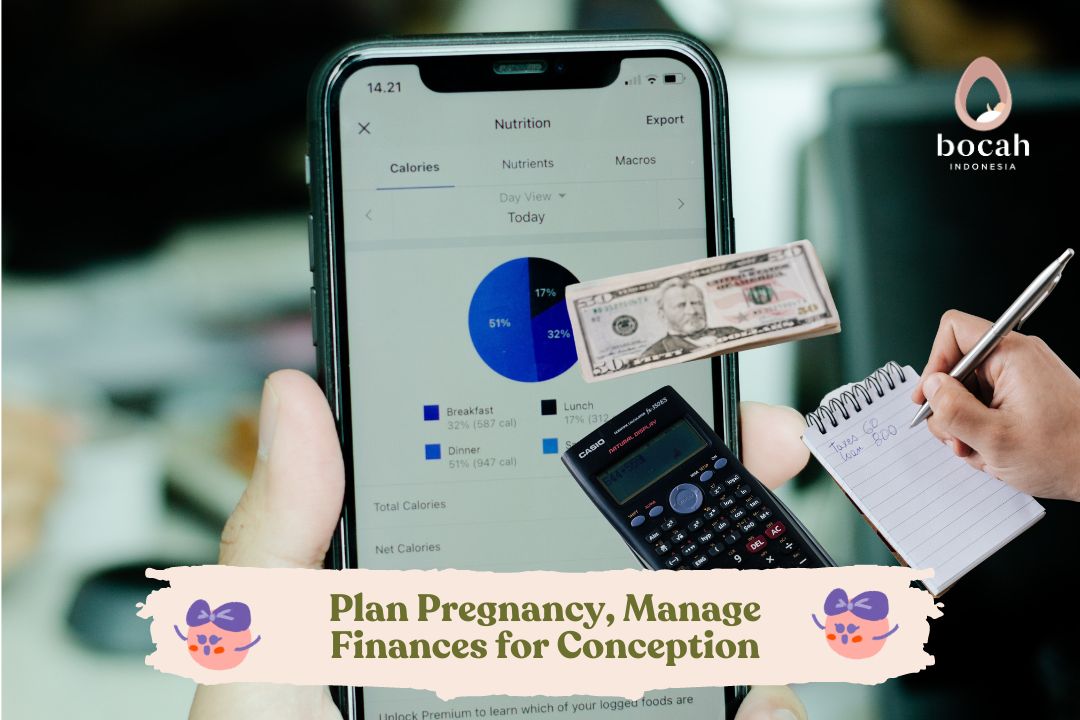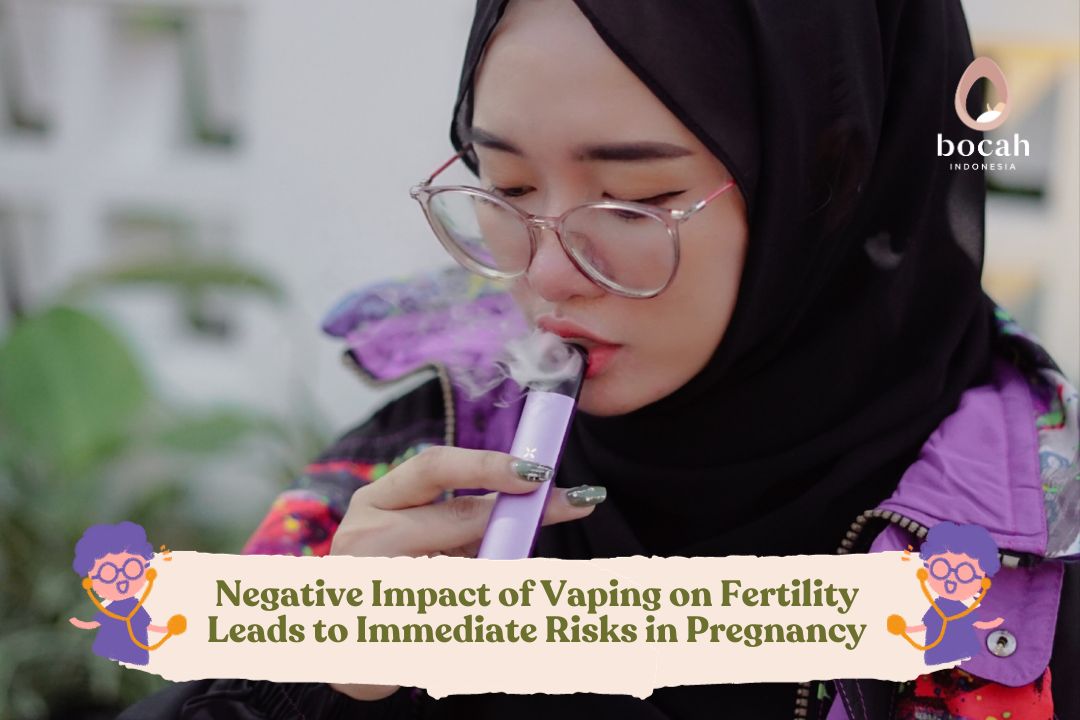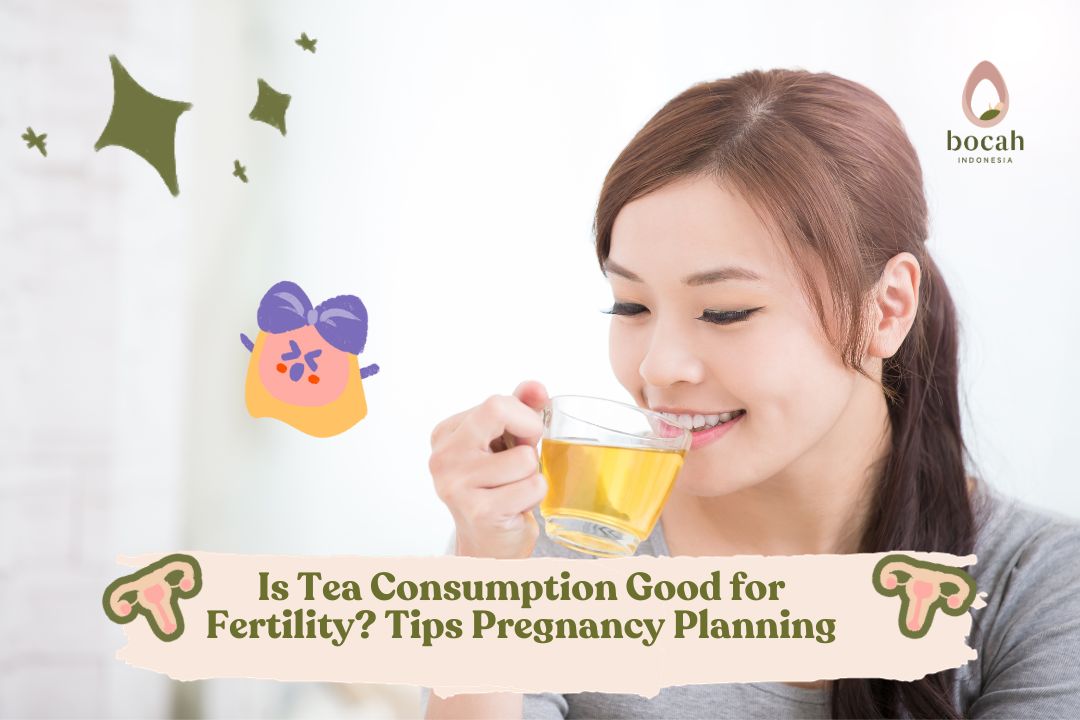The Relationship Between Exercise, Fertility, and Pregnancy Chances
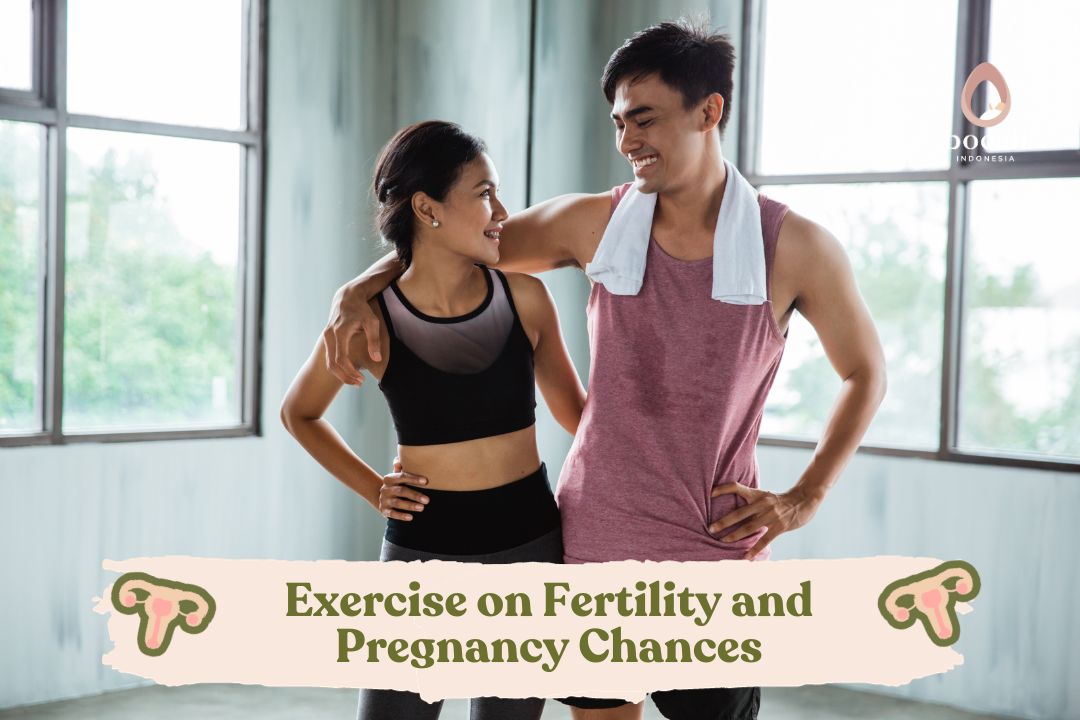
Exercise is beneficial for fertility, but don’t overdo it.
It is a well-known fact that regular exercise is one of the good habits to have. When combined with a healthy diet, exercise can “combat” obesity, which can affect the fertility of both women and men. Regular exercise can also reduce the body’s stress levels, which can also impact fertility. However, there are times when exercising too much can be detrimental.
The Pros and Cons of Exercise on Fertility and Pregnancy Chances
To date, studies examining the impact of exercise on fertility have yielded diverse results, partly because studying exercise habits is complex. Some studies have found that excessive exercise has a negative impact on fertility, while others have found no connection. There are also studies indicating that regular exercise can improve fertility, especially in women with excess weight, obesity, or those experiencing polycystic ovary syndrome (PCOS).
The majority of scientific evidence indicates that moderate-intensity aerobic physical activity (moderate exercise) reduces the risk of cardiovascular disease, strengthens bones and muscles, supports brain health, and enhances an individual’s ability to perform daily activities. Exercise also helps manage stress and achieve an ideal body weight, both of which positively impact fertility, especially in women.
Furthermore, regarding exercise and body weight, a study published in 2004 showed that women with a low body mass index (BMI) (<19 kg/m2) took an average of 29 months to achieve pregnancy. Women with a normal BMI (19-24 kg/m2) only required 6.8 months to achieve pregnancy. Meanwhile, overweight (BMI 25-39 kg/m2) and obese women (BMI >39 kg/m2) took 10.6 and 13.3 months, respectively, to achieve pregnancy.
Tanya Mincah tentang Promil?
In 2021, The American Society for Reproductive Medicine’s Obesity and Reproduction Committee described that the risk of infertility due to ovulatory dysfunction increases with a higher body mass index. In obese women with anovulation, especially those with PCOS, interventions to lose weight, such as regular exercise, have improved the chances of natural pregnancy.
A meta-analysis of 40 studies published between 1996 and 2016 confirmed that overweight or obese infertile women who successfully lost weight through regular exercise and a healthy diet increased their chances of pregnancy. In general, studies show that BMI should be maintained within the range of 20-24.9 kg/m2 to support optimal fertility and regular ovulation.
However, high-intensity exercise can disrupt fertility, at least in some groups of women. Firstly, some epidemiological studies mention that intense physical activity is associated with infertility due to ovulatory disturbances. Secondly, a study in the female population of Denmark found that intense physical activity (running, fast cycling, aerobics, swimming, and gymnastics) was related to decreased fertility. Interestingly, this effect was only found in women with a BMI of <25 kg/m2, which indicates that they had a tendency to be underweight. However, in overweight and obese women, there was a slightly positive effect from exercise at various intensities. Thirdly, studies in women undergoing in vitro fertilization (IVF) programs found that heavy exercise for 4 hours or more per week for several years was associated with poorer outcomes. In other words, the chances of IVF failure were higher.
So, how does high-intensity exercise negatively impact female fertility? The mechanisms can be explained in several ways:
- Decreases progesterone production during the second half of the menstrual cycle in ovulating women (known as luteal phase defect
- Triggers changes in hormone production, such as Gonadotropin Releasing Hormone (GnRH), Luteinizing Hormone (LH), Follicle-Stimulating Hormone (FSH), and estrogen, resulting in the non-release of eggs (anovulation).
- Reduces leptin hormone levels. Leptin is essential for regulating the appetite, metabolic rate, and reproductive hormones
- Alters the hormonal balance by increasing cortisol production and suppressing other hormones, like thyroid hormones, which can disrupt the menstrual cycle.
Now, what about exercise and men’s fertility? Overall, research on exercise and male fertility is limited compared to studies on female fertility. The available evidence suggests that moderate exercise has a positive impact on male fertility. However, excessive exercise can also negatively affect male fertility. It’s important to maintain a balanced approach to exercise for both women and men who are trying to conceive.
The Importance of Balance
The key takeaway here is that exercise is generally good for fertility and overall health, but balance is crucial. For women, moderate-intensity exercise and maintaining a healthy BMI can significantly enhance fertility. For men, regular exercise can improve sperm quality and count, but overexertion may have the opposite effect.
For couples trying to conceive, it’s advisable to consult with a healthcare professional or a fertility specialist. They can provide personalized guidance based on individual circumstances. In some cases, adjustments in exercise routines and weight management may be recommended to optimize fertility.
Final Thoughts
Exercise is a powerful tool to support fertility, but it’s not a one-size-fits-all solution. What works best can vary from person to person. Striking the right balance in terms of exercise intensity and duration, especially for women, is essential for optimizing fertility and increasing the chances of a healthy pregnancy.
Remember, everyone’s journey to parenthood is unique, and it’s important to take a holistic approach to health and well-being. Incorporating regular exercise, a balanced diet, stress management, and consulting with healthcare professionals can contribute to a successful fertility and pregnancy journey.
Source:
- Best D, Avenell A, Bhattacharya S. How effective are weight-loss interventions for improving fertility in women and men who are overweight or obese? A systematic review and meta-analysis of the evidence. Human reproduction update. 2017 Nov 1;23(6):681-705.
- Hornstein MD, Gibbons WE, Schenken RS. Natural fertility and impact of lifestyle factors. Post TW, ed. UpToDate. Waltham, MA: UpToDate Inc. http://www.uptodate.com. Accessed [15 October 2023].
- Mussawar M, Balsom AA, de Zepetnek JO, Gordon JL. The effect of physical activity on fertility: a mini-review. F&S Reports. 2023 Apr 14. URL: https://www.fertstertreports.org/article/S2666-3341(23)00044-2/fulltext.
- Penzias A, Azziz R, Bendikson K, Falcone T, Hansen K, Hill M, Jindal S, Kalra S, Mersereau J, Reindollar R, Shannon CN. Obesity and reproduction: a committee opinion. Fertility and sterility. 2021 Nov 1;116(5):1266-85.
- The Fertility Society of Australia. The role of exercise in improving fertility, quality of life and emotional well-being. URL: https://www.fertilitysociety.com.au/wp-content/uploads/FSA-The-role-of-exercise-in-improving-fertility-2016.pdf.
- Xie F, You Y, Guan C, Gu Y, Yao F, Xu J. Association between physical activity and infertility: a comprehensive systematic review and meta-analysis. Journal of Translational Medicine. 2022 May 23;20(1):237. URL : https://translational-medicine.biomedcentral.com/articles/10.1186/s12967-022-03426-3.


